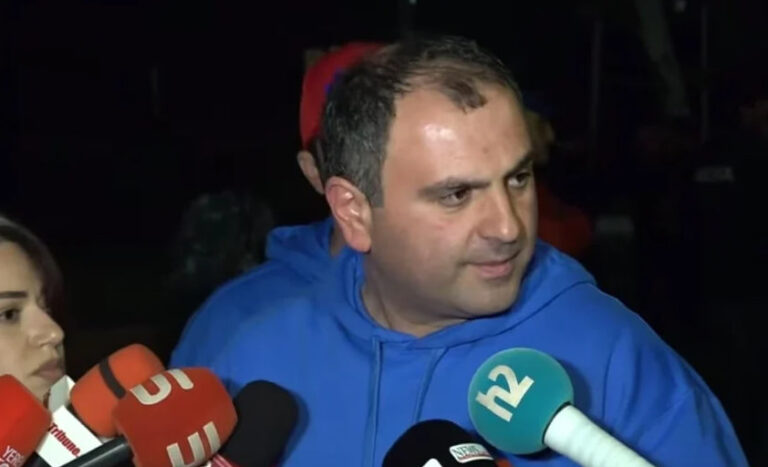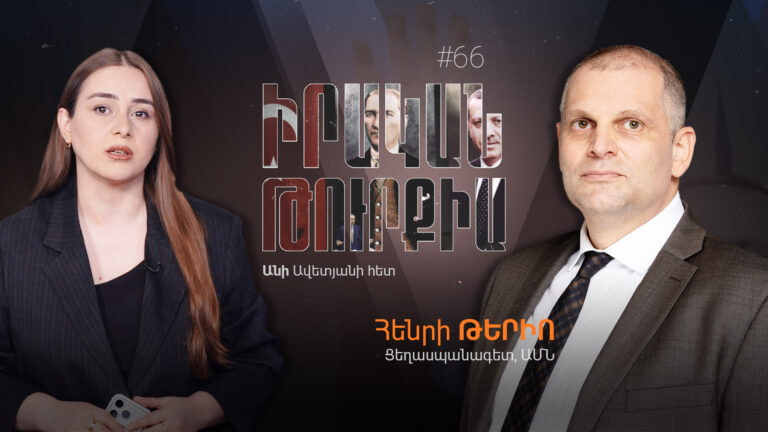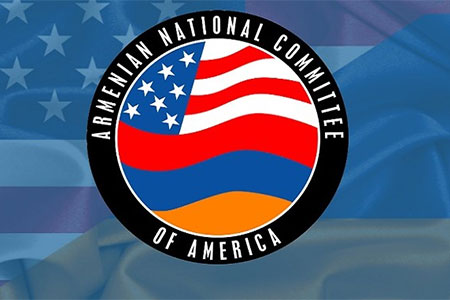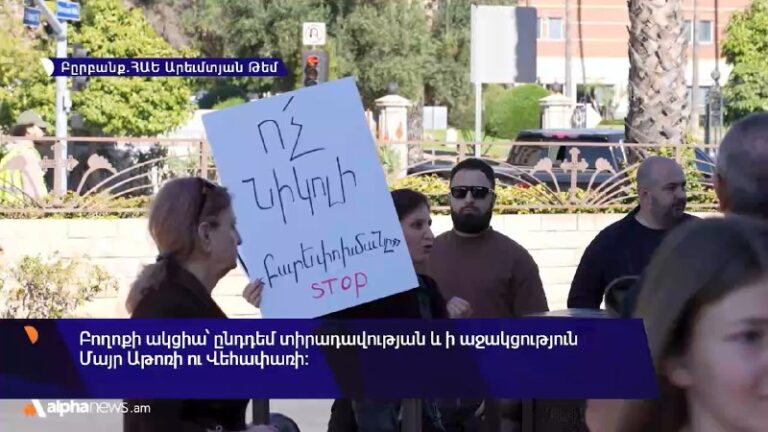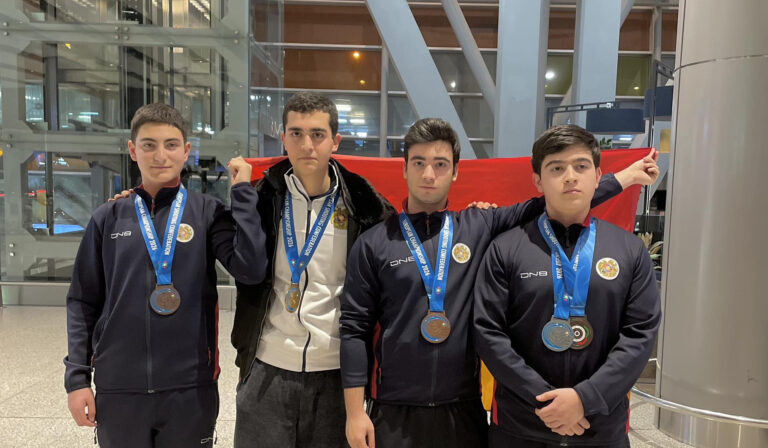‘The Azerbaijanis swarmed us like ants’: Artsakh forced exodus #33
December 06 2023, 13:26
“Sometimes, when I walk around Yerevan, I close my eyes and think that as soon as I open them, I will find myself back in our home,” Erna Soghomonyan, forcibly displaced from Artsakh, says in an interview with Alpha News.
Erna, 23, dreams of returning to Artsakh and believes that one day she will live in her hometown again.
“I am sure that we will have a free and independent Artsakh, but living with Azerbaijanis is out of the question. We had this opportunity, but we all chose to leave. Living with them would mean being subjected to genocide. We left Artsakh in the hope that we will return, and we will definitely return to our historical lands,” she says confidently.
Erna worked in the Security Council of Artsakh and then in the Center for Cooperation with the Russian Peacekeepers under the government. On September 19, during Azerbaijan’s attack on Artsakh, Erna was at work. Together with her colleagues, she hid in the basement and stayed there until the evening. Then, Erna went to fetch her mother; the two of them went to her mother’s friend.
“Our house is located at the very beginning of Stepanakert, not far from Shushi, it would be dangerous to stay there overnight. The sounds of missiles were heard every minute for 24 hours, and the city was in chaos. People were evacuated from Askeran. They came to Stepanakert and took refuge right in the government building, and then people displaced from other areas arrived,” Erna says.
According to Erna, when the opening of a humanitarian corridor was announced, people displaced from the suburbs were the first to leave Artsakh. Out of panic and uncertainty, Erna and her mother also decided to leave.
“I still don’t understand how it all happened; maybe we all lost common sense. We didn’t understand what was going on and what we were doing; we realized this only when we arrived in Armenia. After the ceasefire, there were rumors that the Turks had entered the city. It was terrible. We automatically imagined what happened a century ago during the Armenian Genocide. We were well aware that we did not have the human resources and military equipment to resist, and resisting the one-day war was courage on the part of the Artsakh men. After the ceasefire, my mother and I went to our place and took the most necessary and valuable things—a pomegranate from our garden and my grandfather’s backgammon, which is an important memory for me,” says Erna.
They left Artsakh on September 25. Only the next day did they hear about the blast at a gas station in Stepanakert. Erna remembers the 34-hour route with horror.
“There were people who died because their hearts could not stand the pain of separation and departure from Artsakh,” she says.
After arriving at the Hakari Bridge, their car was checked by Azerbaijanis.
“There were a lot of them; they swarmed us like ants. They were pressuring us. We felt their cold stare, or rather sneer, as if they were saying: you leave, but we stay,” recalls Erna.
She now lives with her mother. Her friends took on the cost of renting the house because Erna and her mother still do not have a job. Erna’s mother is a taylor, but all her tools remained in Stepanakert.
“Right now, my main goal is to find us a job. I am guided by this principle: if I am alive, I must live on, have dreams and goals, and definitely return to Artsakh,” says Erna.

